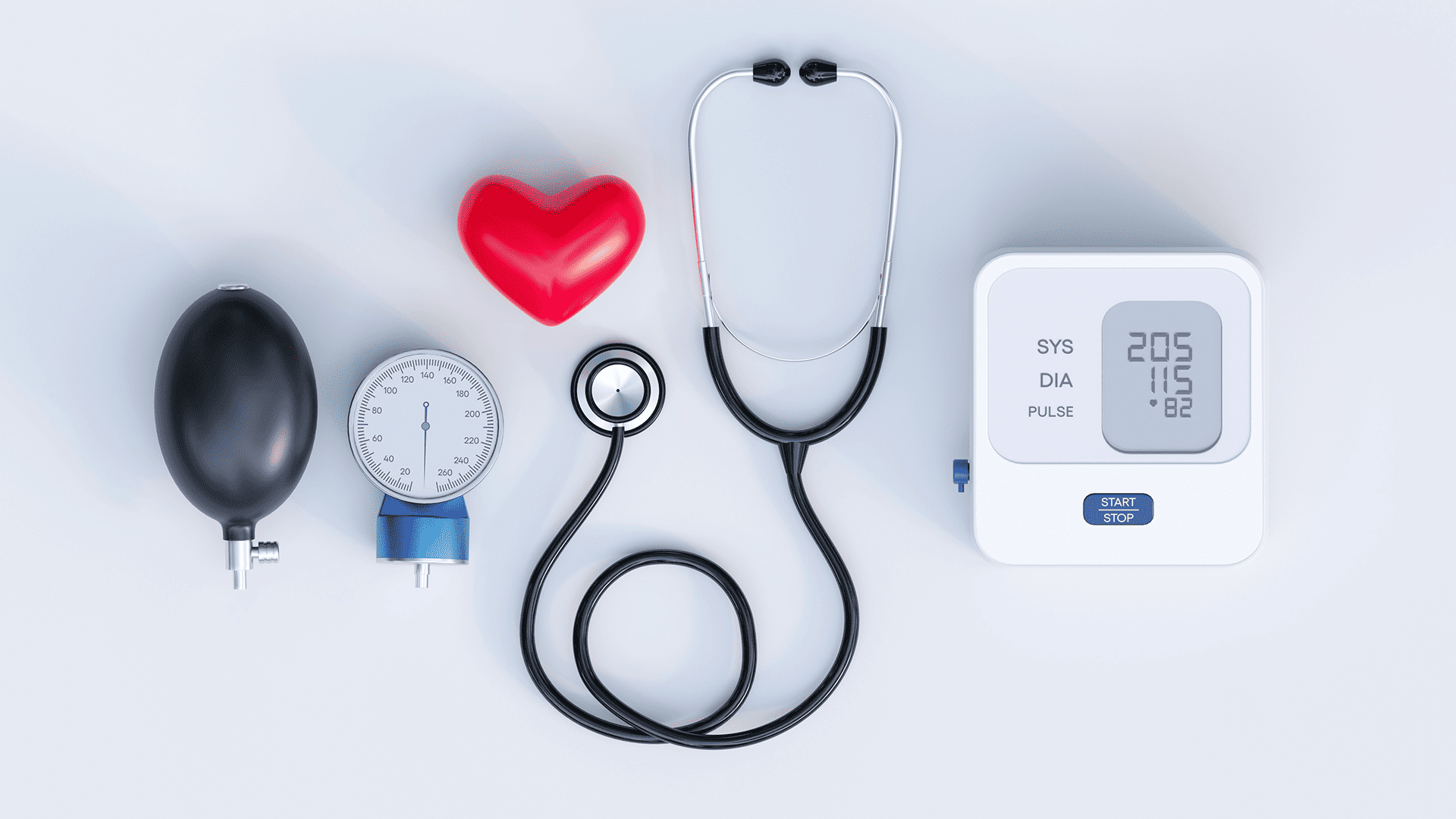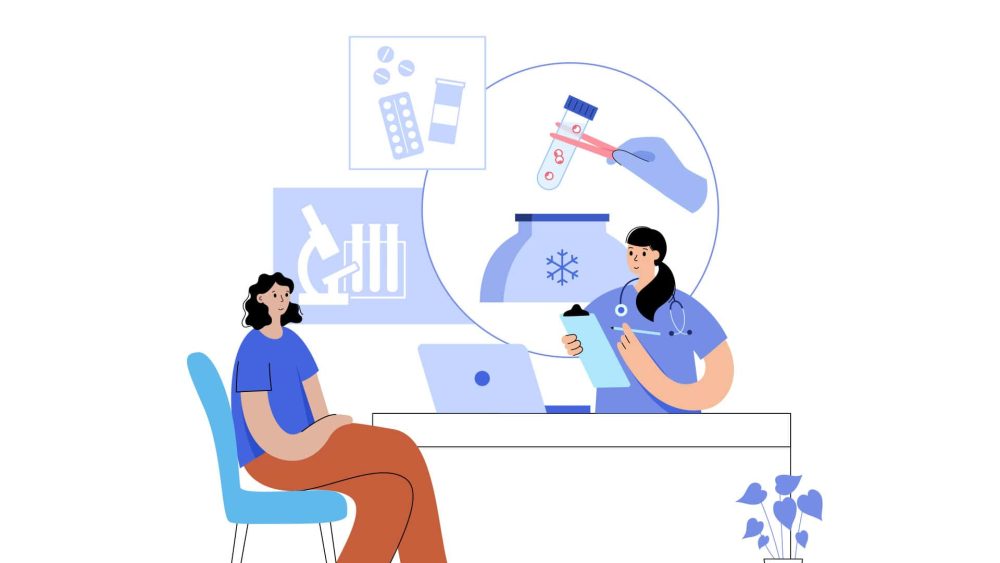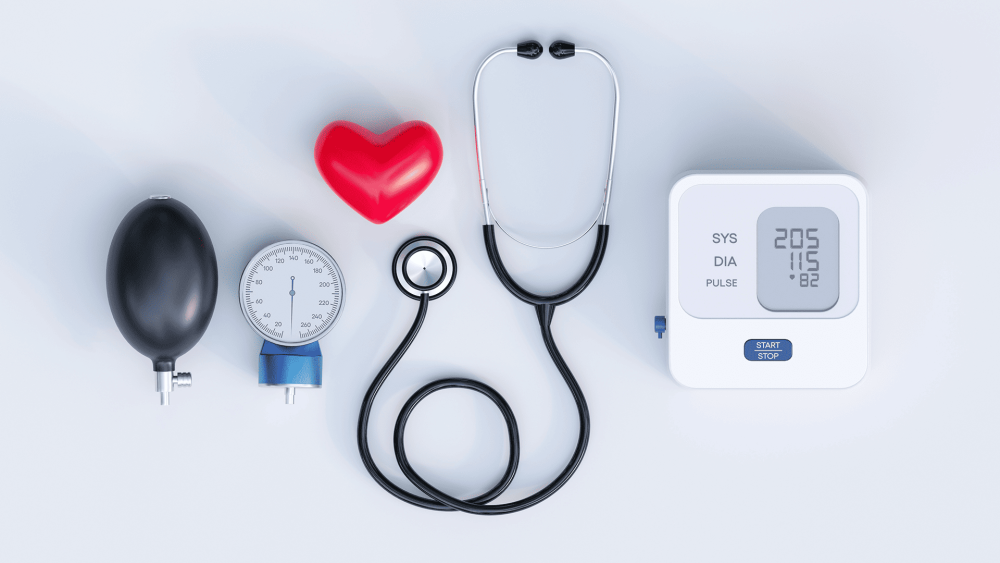Hypertension, commonly known as high blood pressure, is a medical condition where the force of blood against the walls of the arteries is consistently too high.
Hypertension is a significant risk factor for various cardiovascular diseases, such as heart attacks, strokes, and kidney problems.
In this article, we collate commonly asked questions about hypertension from our patients and summarise them for you.
What are the causes of hypertension?
Hypertension, similar to other chronic diseases like diabetes and hyperlipidaemia, is what we term as multi-factorial disease. There are many factors contributing to one’s blood pressure and they can generally be divided into modifiable and non-modifiable risk factors.
Non-modifiable
- Genetics: Family history of hypertension can increase the risk of developing the condition.
- Age: As individuals get older, the risk of hypertension increases.
Modifiable
- Lifestyle factors:
- Unhealthy diet (high in salt and saturated fats)
- Lack of physical activity
- Excessive alcohol consumption
- Smoking
- Obesity: Being overweight or obese can elevate blood pressure
- Stress
What do the two values on the blood pressure reading mean?
Blood pressure readings consist of two values: systolic pressure and diastolic pressure, which are measured in millimetres of mercury (mmHg). For example, a typical reading is expressed as “120/80 mmHg”.
Systolic pressure
The higher value represents the pressure in the arteries when the heart contracts or beats, pumping blood into the arteries.
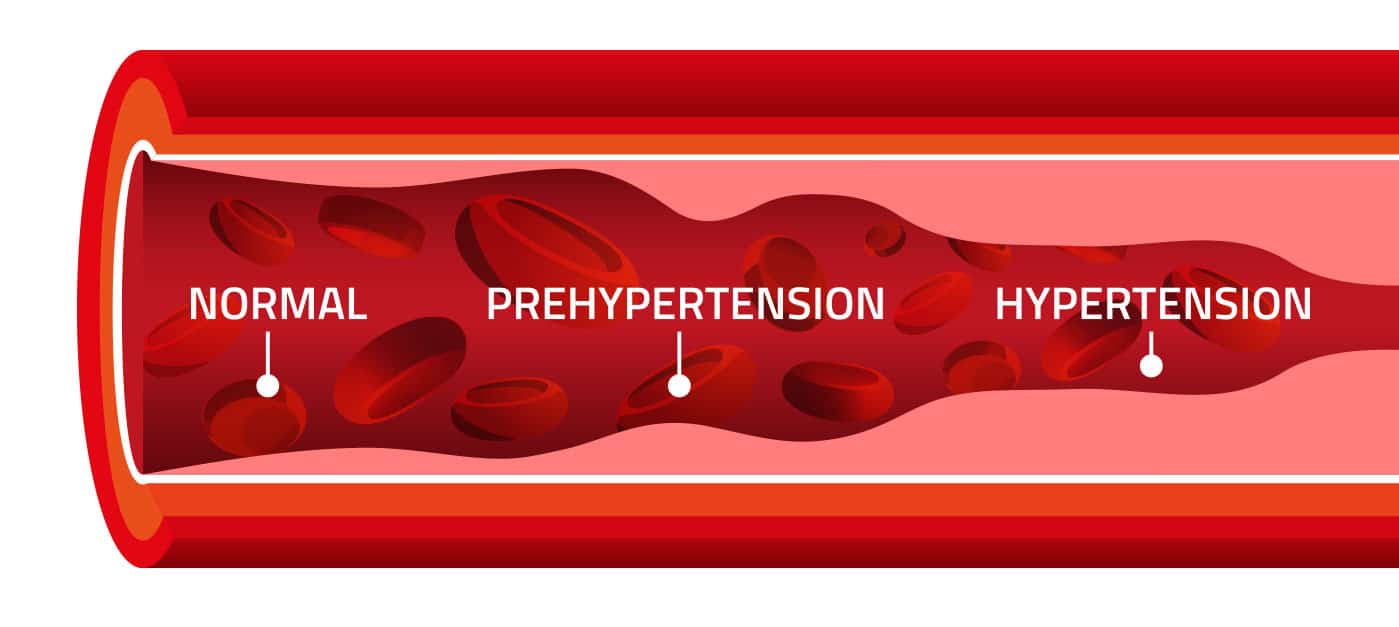
Diastolic pressure
The lower value represents the pressure in the arteries when the heart is at rest between beats.
Normal to High Blood Pressure Readings
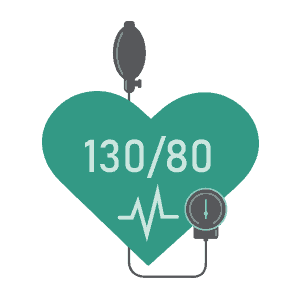
Normal Blood Pressure
Below 130/80 mmHg
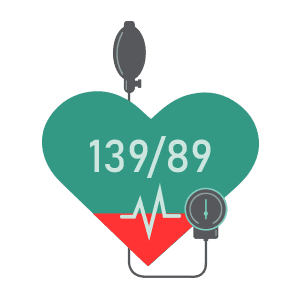
High Normal Blood Pressure
130-139/80-89 mmHg
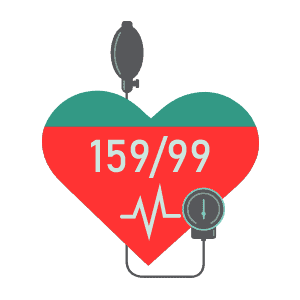
Grade 1 Hypertension
140-159/90-99 mmHg
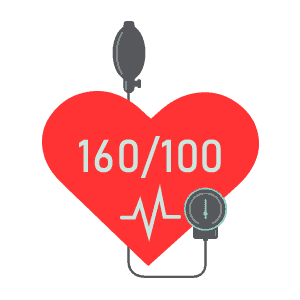
Grade 2 Hypertension
160/100 mmHg or higher
What are the symptoms of hypertension?
Hypertension is often called the “silent killer” because it usually does not cause noticeable symptoms in its early stages. What it does is it slowly cause damage to the blood vessels, and therefore, increase the risk of blood vessel diseases like heart attacks and strokes.
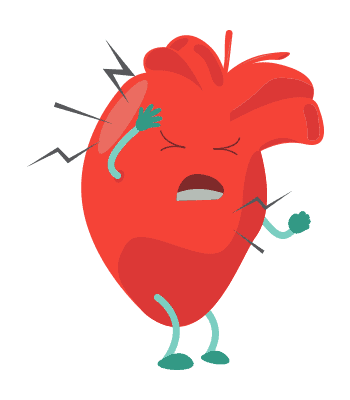 Some people with very high blood pressure may experience symptoms like headaches, dizziness, or nosebleeds, but these are not reliable indicators and could be associated with other conditions.
Some people with very high blood pressure may experience symptoms like headaches, dizziness, or nosebleeds, but these are not reliable indicators and could be associated with other conditions.
Overtime, untreated hypertension can lead to severe health complications, including:
- Heart disease: Hypertension can contribute to coronary artery disease, heart attacks, and heart failure.
- Stroke: High blood pressure is a significant risk factor for strokes.
- Kidney damage: Chronic hypertension can impair kidney function and lead to kidney disease.
- Eye problems: It can cause damage to blood vessels in the eyes and result in vision problems.
How do I control hypertension?
Management of one’s hypertension consists firstly of lifestyle changes, and if warranted, pharmaceutical methods to control the blood pressure.
Lifestyle changes
Adopting a healthy lifestyle can significantly impact blood pressure. This includes eating a balanced diet, reducing salt intake, engaging in regular physical activity, maintaining a healthy weight, quitting smoking, and moderating alcohol consumption.
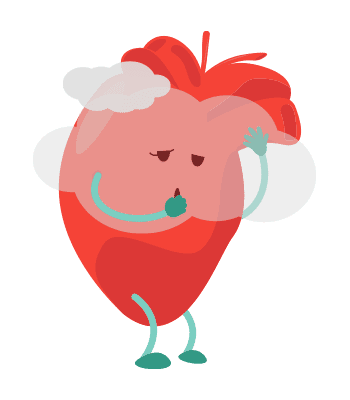
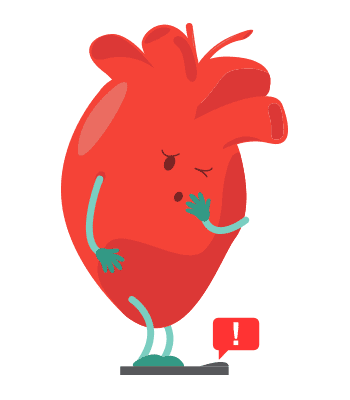
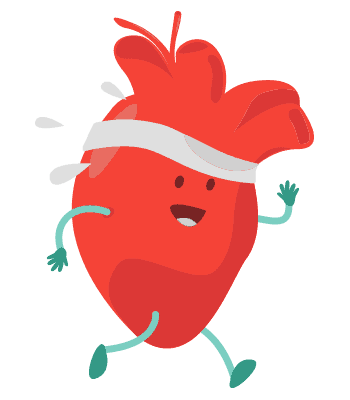
Stress management
Chronic stress can contribute to hypertension, so stress reduction techniques like meditation, yoga, or mindfulness may be helpful.
Medication
Doctors may prescribe anti-hypertensive drugs to help lower blood pressure effectively.
Written by Dr Tan Joo Peng
Dr Tan Joo Peng graduated from Yong Loo Lin School of Medicine in 2008 and is a Family Physician, currently practising in RM@RH, a Family Medicine Clinic located on Level 2 of Raffles Hospital.




